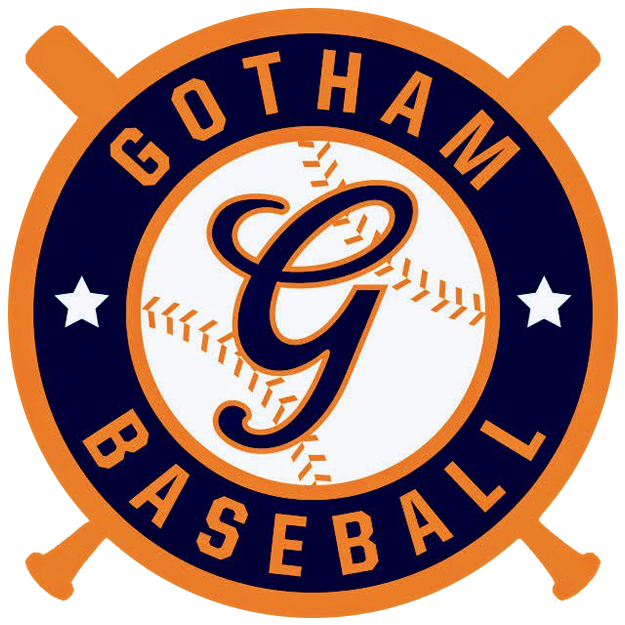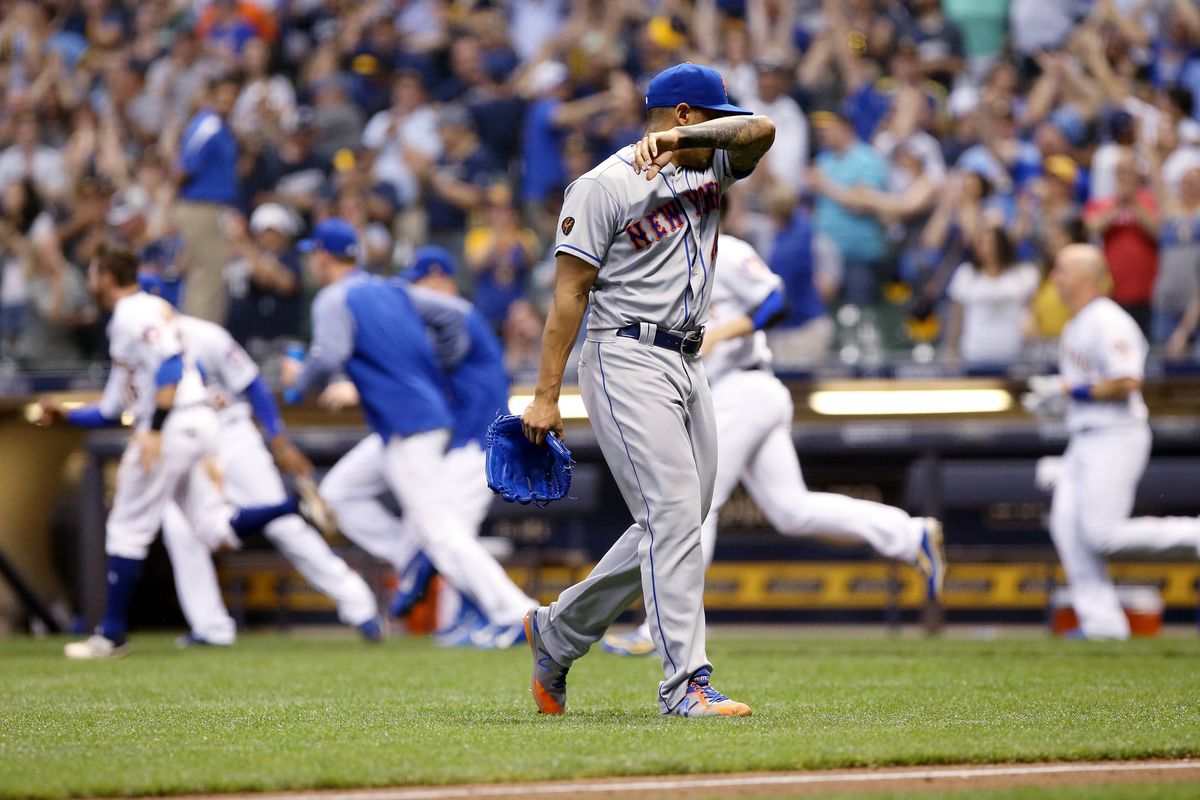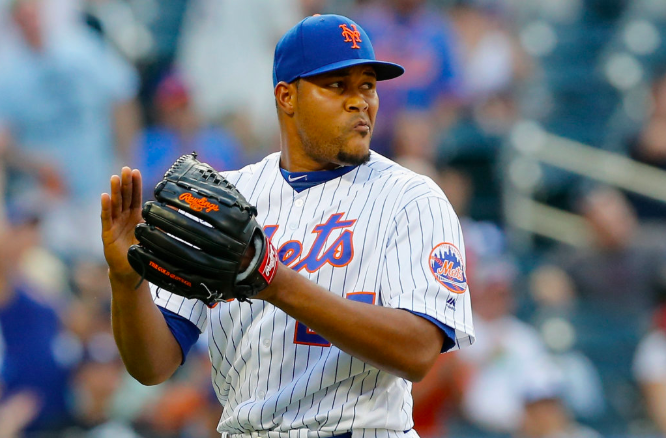Let’s face it, May has been a terrible month. Whatever was good about April has been bad about May. Thus, as the Mets prepare to play their 50th game, a 25-24 record makes frustrating sense. After a week of watching the Mets undo the hope that they had built up last week, it’s apparent that the team is experiencing a variety of medium-sized issues that have the potential to turn into long-lasting problems.
Let’s take a look…
The injuries to Todd Frazier and Yoenis Cespedes have revealed how little depth the Mets have. This does not mean the Mets have a weak bench. Wilmer Flores is a fine bench player and spot-starter. This past week we saw too much of him, on a daily basis, batting third (?!?). I realize that Mickey Callaway’s approach to the lineup is relatively unconventional, and makes different demands from the order than traditional lineups expect. So nobody was counting on him to hit like Keith Hernandez, but there was certainly hope that he would be better than Anderson Hernandez. Look, Flores’ place in Mets history and lore is firmly established. He’s more than the guy that cried on the field when he learned he learned he would be traded, in a deal that eventually fell through. Flores has had some exciting key hits in recent years and has been an important part of this franchise for a few years now. With his 8 walk-off RBIs, Flores trails only David Wright, who has/had 9. All this is wonderful, and this criticism of Flores is not meant to suggest that he shouldn’t be a part of this team. He just shouldn’t be a part of this everyday lineup. And now, Flores may be hurt. Instead of traveling to Atlanta with the rest of the team, he will be in New York on Monday getting his back examined, and there’s a legitimate possibility he’ll be on the DL soon. If he does, then by the time he comes back, Todd Frazier will likely have returned. In the meantime, we are likely to see Jose Bautista or Jose Reyes in his place.
Ah, Jose Reyes. Oh, Jose Reyes. Man, Jose Reyes. When Reyes signed with the Marlins following the 2011 season, I really hoped he would return one day. In 2016, that hope came to fruition, albeit under troubling circumstances. For those who don’t know, Jose Reyes was charged with domestic violence, stemming from an incident with his wife while on vacation in Hawaii during the 2015-16 offseason. He was released by the Colorado Rockies after serving a two month suspension for the incident, even though the charges were eventually dropped. This has nothing to do with Reyes’ performance, or lack of contribution in 2018, and at the same time it should not go unmentioned. When Reyes returned to the Mets in 2016, nobody was really expecting him to be the Reyes he had been in his first stint with the Mets (2003-2011). Fans were hoping he could contribute off the bench and in spot starts, and mostly people were looking forward to a day when Reyes and Wright would control the left side of the infield again, even if not every day. Wright has not played a regular season game during Reyes’ second stint. More importantly though, injuries to other infielders, and even some outfielders, have forced the Mets to call upon Reyes more than originally intended. Last year he got off to a terrible start but ended up with over 500 AB’s, and 24 stolen bases. On a 90-loss team, he was one of the better contributors, although this was more of a statement of how poor the Mets performed than how good Reyes did. Sadly, this year, Reyes’ start has been even worse. More importantly, the Mets have needed him to be better sooner, and he’s failed at this. Through the Mets first 49 games, Reyes has 13 total bases. That’s only 13 more than I have. It’s sad to watch a hero from the past when he just doesn’t seem to have much left in the proverbial tank. It’s infuriating when the team depends on him and he doesn’t come through. The Mets management has chosen to go through this season with a short bench. This just means that the bench players have to be more reliable than they’ve been, and this is most true for Jose Reyes.
On Friday night, the Mets tied the Brewers on a 2-out RBI single in the top of the 9th. For a team that’s had so most trouble getting hits, let alone timely hits, for the last few weeks, this was an exciting moment. The excitement didn’t last long however, as the Brewers used some 2-out magic of their own in the 10th inning, when they allowed the Mets relievers to blow the game. Jerry Blevins got off to a rough start this season but had been better of late. This improvement took a hit this weekend. On the other hand, A.J. Ramos has not been reliable all year, and is now likely headed to the Disabled List, which would be the best thing he’s done for the Mets for a while. True as all this may be, the real goat of Friday’s game was manager Mickey Callaway. Let’s get something straight – I don’t think I am the one to tell baseball managers, general managers, and players, how to do their jobs, and I don’t like it when other writers do. However, what I can tell you is that Callaway’s bullpen management on Friday night was reminiscent of the decision-making that people didn’t appreciate from former manager, Terry Collins. In his second inning of work, Robert Gsellman sandwiched an Eric Sogard single between two fly outs. With left-handed hitting Christian Yelich coming to the plate, it was disappointing to see Callaway coming to the mound to replace Gsellman with Blevins. This is a fairly textbook move made by a not-so-textbook manager. At the same time, the move wasn’t without it’s merit. Bringing in Blevins, a left-handed reliever who, as mentioned earlier, had been improving, made enough sense. Yelich singled off Blevins, Sogard moved to third, and Callaway was faced with another decision. The pitcher’s spot was up next, so a right-handed pinch-hitter was obviously on his way to the plate. For those playing by the book, the next move would be to bring in a right-handed pitcher in hopes the right-righty matchup would end the inning and the teams would continue to the 11th. Anyone who has watched the Mets this year knows that bringing in AJ Ramos in a situation like this does not increase chances of anything positive. That’s not meant to be a snarky, comment, it’s really just fact. Ramos’ walk of the pinch hitter, Hernan Perez, was one of the least surprising moments of the team’s first 49 games. And now, Ramos had to face left-handed hitting Travis Shaw. Jerry Blevins has been very good against right-handed hitters so far this year, albeit against only a dozen hitters or so. If the sample size is too small, that’s fine, but Ramos’ sample size is much larger (he’s currently tied for the ML lead in appearances). The Mets would have been better off with Blevins facing Perez, or even walking Perez, and facing Shaw. As painful as the results were, it was more painful to watch Mickey Callaway manage a game like a standard manager.
Players in slumps always talk about how they were pressing too much and that their hitting improved when they stopped. So, perhaps now is a good time to stop pressing. Similarly, pitchers often talk about getting out of their slumps by not trying to be too fancy and relying on what “got them there” in the first place. In this case, maybe it’s not just the Mets pitchers that need to be reminded of this, but their manager as well.
With Michael Conforto and Amed Rosario improving, somewhat, Yoenis Cespedes and Todd Frazier a couple weeks away from returning, and Jay Bruce threatening to break out of his season-long streak, things may turn around soon for this team, as long as they let it happen.



